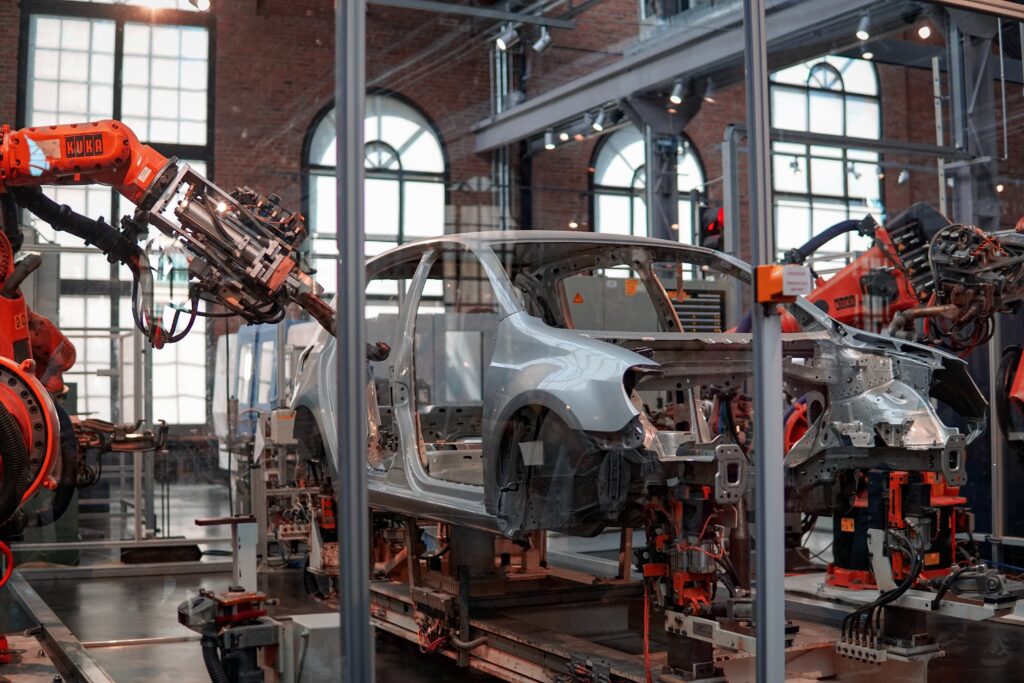Anyone who has owned a car is likely familiar with recalls. Suppose a vehicle’s manufacturer confirms a safety defect with a car being sold to consumers. In that case, they are obligated, by law, to send out recall notices even if they don’t know how to resolve the problem. The National Highway Traffic Safety Administration (NHTSA) oversees this process, and manufacturers must comply. There have been instances when manufacturers failed to do so, leading to significant consequences.
Takata used to be one of the largest airbag suppliers in the world, and they used to work with Honda. In 2004, Honda and Takata were aware of a defect that could have killed (at least) six people; they never reported it to the NHTSA. Honda was fined $70 million, and Takata was fined so heavily that they went bankrupt.
Dealerships can and should be prepared to fix these issues for you. For example, if you bring your car to the dealership for oil changes or scheduled maintenance, the dealership will likely search to see if there are any active recalls on your vehicle. This allows them to resolve the problem while you are already there. However, what happens when a car manufacturer discovers a hazardous defect but has no solution?
When Defects Have No Solutions
The automaker has to notify the consumers, even if there is nothing they can do about the issue. Why does this happen? The manufacturer may need more supplies to fix the issue on a mass scale, or they may still need to identify the root cause of the problem.
Up until this point, we have talked about the recalls from the POV of the manufacturer, but our true purpose is to elaborate on how negatively this impacts the consumer. Look at the Chrysler Pacifica Hybrids. The people who owned them were notified that their cars could catch fire while parked. They were also informed not to park their vehicles near any structures. In addition to how dangerous this is, it is a significant inconvenience for people. Imagine leaving your car in a parking lot while worrying about it catching fire—or destroying property because of it. Not only were 20,000 of the Pacifica Hybrids recalled, but there was also no plan for how these cars would be repaired. This is an issue that impacts millions of people each year.
Get in Touch with an Attorney To Help You
In most instances, a recall can be fixed appropriately within one attempt. However, if you have a defect that reduces the safety and functionality of your vehicle and the manufacturer cannot correct it, contact San Diego Lemon Law, PC to schedule a free consultation. We have been practicing lemon law exclusively for over 20 years and are committed to helping you. Additionally, during a lemon law case, the manufacturer will be liable for our legal fees, so you have nothing to lose.



 Call Us Now
Call Us Now



